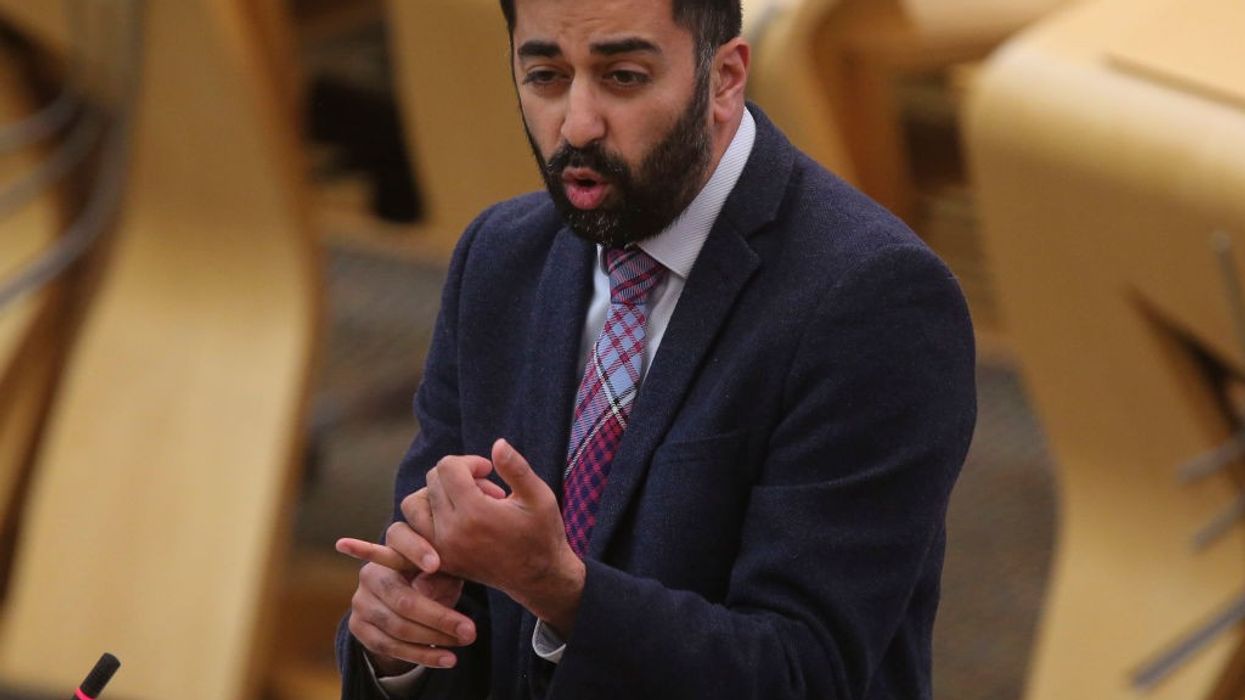A new Scottish first minister will be named on Monday (27), with the leader facing the daunting task of reviving a faltering independence movement after Nicola Sturgeon's surprise resignation.
Members of the ruling Scottish National Party (SNP) wrap up two weeks of voting at midday, with the result to be announced later in the day.
Finance secretary Kate Forbes and health minister Humza Yousaf are favourites in the three-way race, according to an Ipsos poll conducted March 17-21.
Ash Regan, a former minister in Sturgeon's cabinet, is an outsider in the three-way contest.
At her last session in the Scottish Parliament as first minister on Thursday (23), Sturgeon said her successor would be either the second woman in the post or the first from a minority ethnic background.
Whoever wins takes over as support stagnates for the SNP's central policy - independence for Scotland - that Sturgeon has championed.
Polling indicates that around 45 per cent of Scots are currently in favour of Scotland leaving the United Kingdom, after 55 per cent of Scots rejected such a move in a 2014 vote.
"I think many of us are disappointed that there hasn't been more of a sustained movement in support of independence," said Forbes, who at 32 would become one of the world's youngest political leaders if she wins.
"There is no path to independence without persuading no voters to vote 'yes'."
For Yousaf, 37, too much time had been spent pointing out the UK government in London's failures and not enough on creating a vision for an independent Scotland.
He promised a civic movement to drive the campaign.
Regan, 49, has proposed a commission to run the independence campaign separately from the Scottish government.
According to Ipsos, Forbes has the most support among the general public, with 27 per cent showing a favourable opinion of her compared to 22 percent for Yousaf and 14 per cent for Regan.
Among the SNP membership, which decides on the leader, 38 per cent view Yousaf favourably, compared to 37 per cent for Forbes and 22 per cent for Regan.
Forbes has come under the spotlight for her conservative views as a member of the Free Church of Scotland, which opposes same-sex marriage and abortion.
Yousaf, who has close ties with Sturgeon, has faced criticism over his record in successive roles in the Scottish government.
(AFP)
Scotland set for new leader as independence quest stalls
Finance secretary Kate Forbes and health minister Humza Yousaf are favourites in the three-way race, according to an Ipsos poll conducted March 17-21




